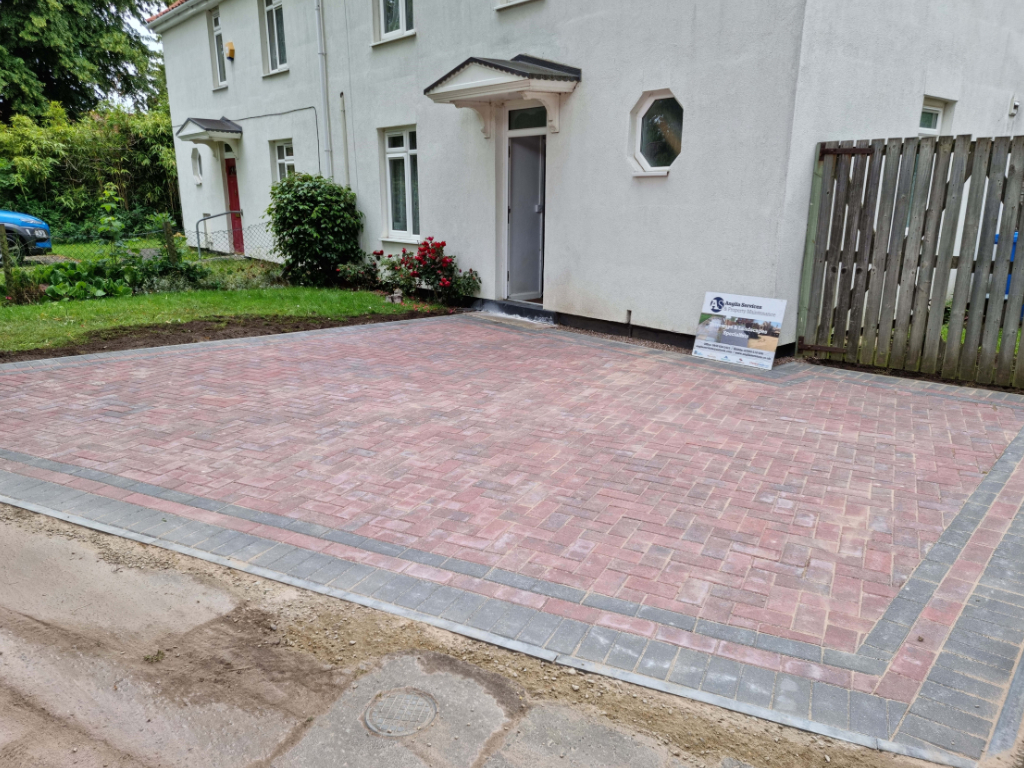Tarmac Farm Roads vs. Gravel Roads: Choosing the Right Surface for Your Agricultural Needs
Introduction: Farm roads play a crucial role in agricultural operations, providing access to vehicles, machinery, and livestock while facilitating the transportation of crops, feed, and equipment. Regarding surfacing farm roads, two common options are tarmac (asphalt) and gravel. Each material has advantages and considerations, making it essential for farmers to weigh their options carefully. In this blog post, we will compare tarmac farm roads and gravel roads to help farmers decide which surface best suits their agricultural needs.
Durability and Longevity:
Tarmac Farm Roads: Tarmac roads are known for their durability and longevity, with 10 to 20 years or more lifespan when properly maintained. Tarmac surfaces can withstand heavy loads and frequent traffic, making them ideal for high-traffic farm roads.
- Gravel Roads: Gravel roads are generally less durable than tarmac roads and may require more frequent maintenance. While gravel can provide adequate traction and support for vehicles and machinery, it is susceptible to erosion, potholes, and washouts, especially in areas with heavy rainfall or high traffic volumes.
Maintenance Requirements:
Tarmac Farm Roads: Tarmac roads require minimal maintenance compared to gravel roads. Routine maintenance tasks for tarmac roads may include crack sealing, patching, and periodic resurfacing to address wear and tear over time. With proper maintenance, tarmac roads can provide smooth and reliable surfaces for years.
- Gravel Roads: Gravel roads require frequent maintenance to address issues such as potholes, rutting, and erosion. Maintenance tasks for gravel roads may include grading, adding fresh gravel, and compacting the surface to ensure proper drainage and stability. Additionally, gravel roads may require dust suppression measures to minimise dust and improve visibility.
Cost Considerations:
Tarmac Farm Roads: Tarmac roads typically have a higher upfront cost than gravel roads due to the materials and labour involved in the installation. However, tarmac roads may offer long-term cost savings through reduced maintenance and repair expenses over their lifespan.
- Gravel Roads: Gravel roads are generally more cost-effective to install than tarmac roads. However, the ongoing maintenance and repair costs associated with gravel roads can add up over time, potentially offsetting the initial cost savings.
Environmental Impact:
Tarmac Farm Roads: Tarmac roads can have environmental impacts, including heat island effects and increased runoff and erosion due to reduced permeability. However, modern tarmac technologies offer permeable paving options for better water infiltration and drainage, minimising runoff and erosion.
- Gravel Roads: Gravel roads are often considered more environmentally friendly than tarmac roads, allowing for natural water infiltration and drainage. Gravel surfaces also absorb less heat than tarmac surfaces, reducing the heat island effect in rural areas.
Conclusion: When it comes to surfacing farm roads, farmers must consider factors such as durability, maintenance requirements, cost considerations, and environmental impact. While tarmac roads offer durability and low maintenance, gravel roads may be more cost-effective initially and have fewer environmental impacts. Ultimately, the decision between tarmac and gravel roads will depend on each farm operation’s specific needs and priorities.
Call us on: 01394 338 693
Click here to find out more about Felixstowe Driveway Services
Click here to complete our contact form and see how we can help with your driveway needs.

